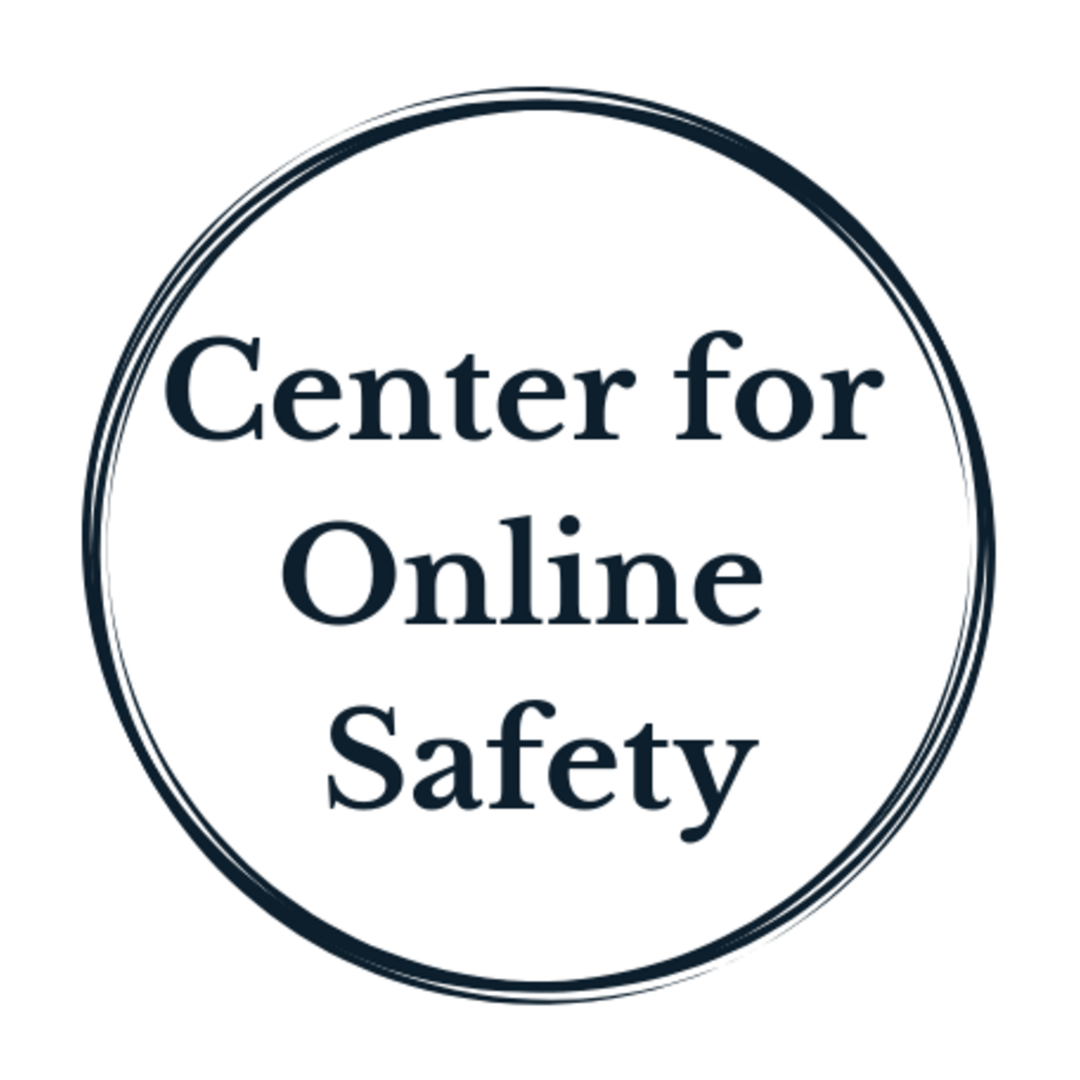AI, Chatbots & ChatGPT: What parents and educators need to know (part 2)
In PART 1 of this series, we discuss what AI, Chatbots and ChatGPT is.
In PART 2, we’ll address some of the challenges AI creates for kids and possible solutions for educators and parents.
Like this series? Sign up for our weekly updates on how to help children and teens navigate the pressures of their online world.
Challenges AI like ChatGPT pose to kids:
Inaccurate Information
One of the main issues with using AI technology such as ChatGPT is that it can and does provide incorrect information sometimes.
AI is constantly learning and sometimes it doesn’t learn the correct information. When we use this tech to research a topic or find an answer to a question, it can provide wrong information.
Cheating, plagiarism and lack of critical thinking
This is a huge concern for teachers and parents! While ChatGPT can be a valuable learning tool, we need to help kids understand why they still need to read their books and do their own critical thinking.
Explain why they shouldn’t let AI do all the work, when it comes to academics - school work and homework. Relying on AI to be familiar with books and write term papers limits their critical thinking skills and hinders their learning potential.
Push for school policies that limit AI tools in the classroom.
Bias
Data out is only as good as data in and we know that the websites and platforms AI is accessing are built with bias, intentionally or on purpose. The developers and engineers who built this tech have biases also. We need to be concerned about societal biases like race, gender, biological sex, nationality or age.
Ownership
The jury is still out on the content created by AI. Is it owned by the AI service? You? Someone else? Before we move further into AI, it’s important to understand what you co-create with AI is not yours necessarily.
My #1 concern - Lack of human conscience and ability to see red flags in AI conversations
As with any app or website, AI usage should be closely monitored for kids. AI doesn’t have the judgment that concerned adults bring to a tough situation and AI doesn’t understand red flags the same way a human could.
Children and teens can become easily harmed by bad advice, inappropriate content or biased information.
Below video - This whole conversation is interesting but to hear Tristan Harris and Aza Raskin talk about Snapchat’s AI and how things can go horribly wrong for kids, go to minute 47:05.
Solutions for parents and educators:
Helping kids fact check their work
We’re not going to win this fight by ignoring the benefits of AI and ChatGPT.
We need to teach kids how to use AI responsibly and emphasize how important it is to verify the information that they receive. It’s critical to teach media literacy and fact checking skills!
Encouraging critical thinking skills
One of the main concerns with students using AI is that they won’t develop critical thinking skills.
As parents and teachers, we need to teach students how to think beyond the information they receive. We can do this by:
posing more probing questions into the subject
asking them to explain the subject to us verbally
requiring them to use pen and paper for some assignment, vs have access to the internet
Requiring internet safety education for all ages
When it comes to keeping our kids safe online, we need to keep the conversation open about the dangers of inappropriate content and how to use these new AI tools responsibly. Monitor the things your children are searching on ChatGPT and other AI sources and talk about things as they come up.
As AI tech continues to evolve, we need to stay involved with our kids’ education as both parents and teachers. Explaining that while it’s very convenient to have our questions answered within seconds, we must also discern the information for ourselves and not rely completely on AI to think for us. We can use it to start the conversation, but doing the research ourselves is the best way to learn and develop our critical thinking skills.
As adults, we’ll need to redefine what “education” and “learning” mean
We’re just beginning this new era of AI text and photos and we’re going to need to redefine basic terms like education and learning. Is it educational if you get help from AI? What does learning mean in this new era? How can we have young people learn deeply in a time that makes it so easy to cut corners?

